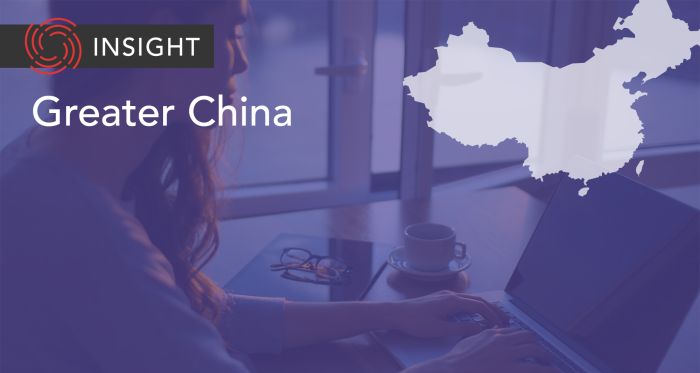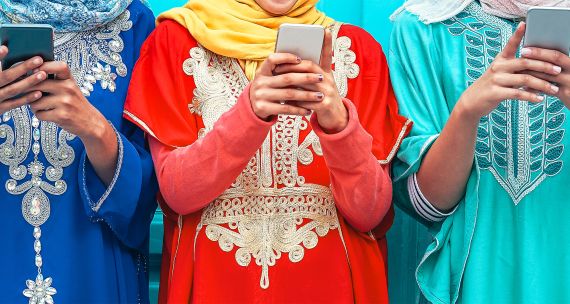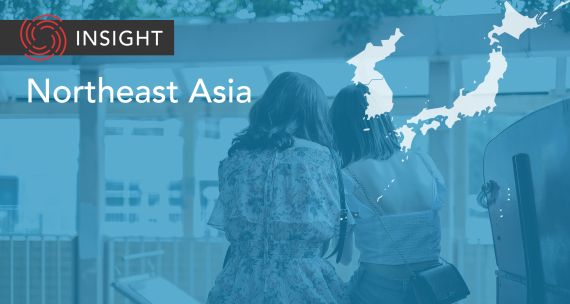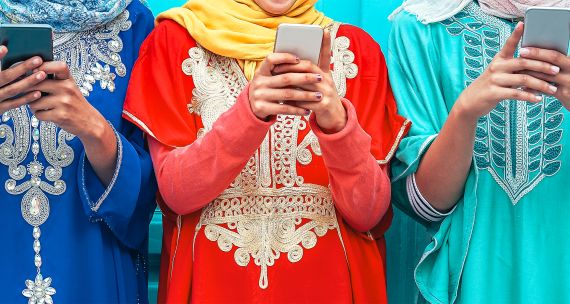The Takeaway
A Netflix drama has helped to trigger a #MeToo moment in Taiwan, with scandals and accusations cropping up across the island’s political, judicial, and media realms. While outcry over these deep-seated social norms picks up, changes are already happening, including prospective legal reforms.
In Brief
In late May, many Taiwanese were captivated by a fictitious plot from the popular Netflix show "Wave Makers," which features a senior political party member promising to speak up for a junior staffer who suffers from workplace sexual assault.
On May 31, a former Democratic Progressive Party (DPP) staffer named Chen Chien-jou posted on Facebook that Hsu Chia-tien, then deputy secretary-general of the party, had dismissed her sexual harassment plea at work. Chen said "Wave Makers" inspired her to act, and her post sparked related allegations inside the DPP, as more party workers, mostly women, reported similar experiences. Hsu resigned on June 1 and Tsai Mu-lin, Taiwan’s vice minister of labour, stepped down the same day after being accused of allegedly covering up sexual abuse cases and making disrespectful remarks towards women. Taiwanese president and former DPP chairperson Tsai Ing-wen, as well as current party chairman and presidential candidate Lai Ching-te, both apologized multiple times on behalf of the party. Taiwan's main opposition party, the Kuomintang (KMT), also saw sexual misconduct cases filed in June against three of its Legislative Yuan members.
Workplace #MeToo scandals quickly stormed the island’s judicial and education systems, as well as its media and arts industries. Many prominent figures were accused of making unwanted sexual advances towards subordinates or colleagues. The Judicial Yuan announced on June 19 that it would end all collaborations with Mickey Huang, a well-known television host in Taiwan, after he admitted to assaulting and taking nude photos of a 17-year-old female internet celebrity in 2018. On June 21, pop singer Aaron Yan was stripped of the ‘10 Outstanding Young Persons’ title, a government award for role models in their fields, after being accused of allegedly penetrating and filming sex tapes with his then-underage ex-boyfriend without consent in 2018. To answer experts’ calls and appease public outrage, the Executive Yuan proposed on June 15 to amend the Sexual Harassment Prevention Act, the Gender Equity Education Act, and the Act of Gender Equality in Employment, which will tentatively be sent to the Legislative Yuan by mid-July.
Implications
Taiwan’s #MeToo wave has reignited public debates on the loopholes in its criminal justice system, which, owing to narrow legal definitions, often frustrate the reporting efforts of victims of sexual harassment. For example, legal experts pointed out that the Sexual Harassment Prevention Act discounts sexual contact that is ‘friendly’ or ‘joking.’
The incidents within the DPP also disappointed voters, seemingly contradicting the party’s credibility as a force for gender rights and equality. In fact, some late-June presidential primary polls suggested that support for the rival Taiwan People’s Party is edging up.
Meanwhile, Taiwan’s youth are rallying against the island’s deeply rooted patriarchal culture. Taiwan takes pride in its legal advancements on LGBTQ+ rights – and in having one of the world’s highest female participation rates in politics – but many Taiwanese find themselves still struggling with the everyday power imbalance brought on by gender, age, and seniority at work.
According to a 2022 survey from the Ministry of Labor, at least 3.3 per cent of female employees and 1.3 per cent of male employees in Taiwan face sexual harassment in the workplace, while one estimate suggests as much as 70-80 per cent of sexual assault victims choose not to report. Some are afraid of jeopardizing professional relationships and, when it comes to politics, the organization’s ‘bigger picture,’ such as campaigning for an election. Others find that social and legal contexts often favour offenders.
Some argue that Taiwan’s legal mechanism for handling sexual harassments, which requires complainants to provide evidence through a stringent set of procedures, reinforces the social norm that deters victims from speaking out. Even as the Executive Yuan has promised to "toughen punishment" and "simplify the complaint-filing process" in its imminent law amendment, more work remains to break social stigmas and "create an environment [for them] to report immediately."
What's Next
-
Taiwanese lawmakers seek direction
When asked about the upcoming law reforms, Executive Yuan officials told reporters that they plan to take direction from the International Labour Organization’s Convention No. 190 (Eliminating Violence and Harassment in the World of Work), which Canada ratified in January 2023, as well as laws in the European Union and the United States. Processes such as third-party reporting that offer plaintiffs more options could serve as useful case studies for Taiwanese lawmakers to examine.
-
Political parties busy prepping for key election
As Taiwan’s next presidential election draws closer, parties are racing to address the emerging #MeToo controversies to avoid more blows to their credibility. The DPP, for example, hosted its first internal ‘Gender Equity Education’ class on June 13. While harassment scandals may continue to dominate younger voters’ attention, given the lack of a broader social consensus to prioritize these issues in view of other ‘at-stake’ topics of concern, its impact on election outcomes will likely remain limited.




